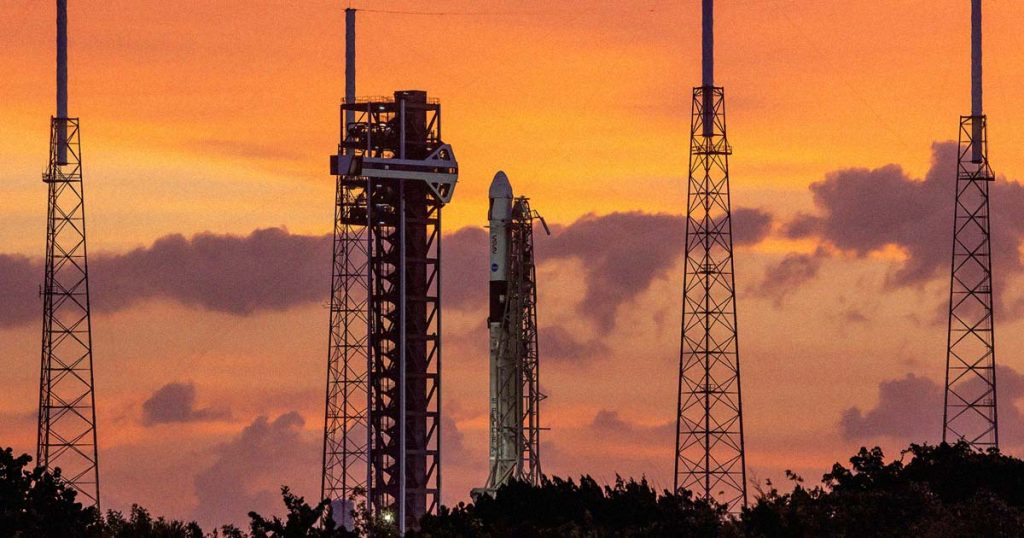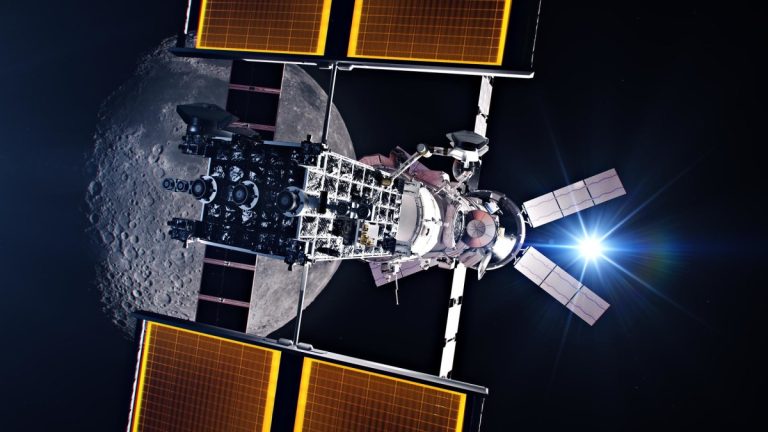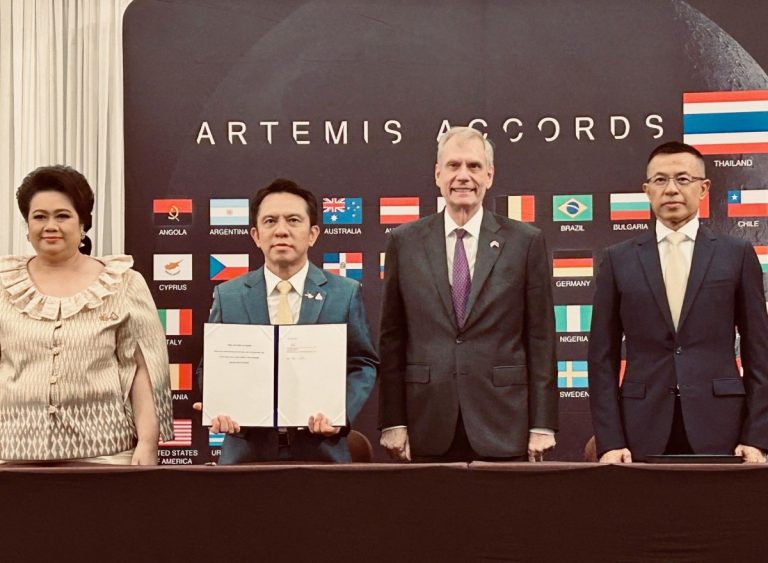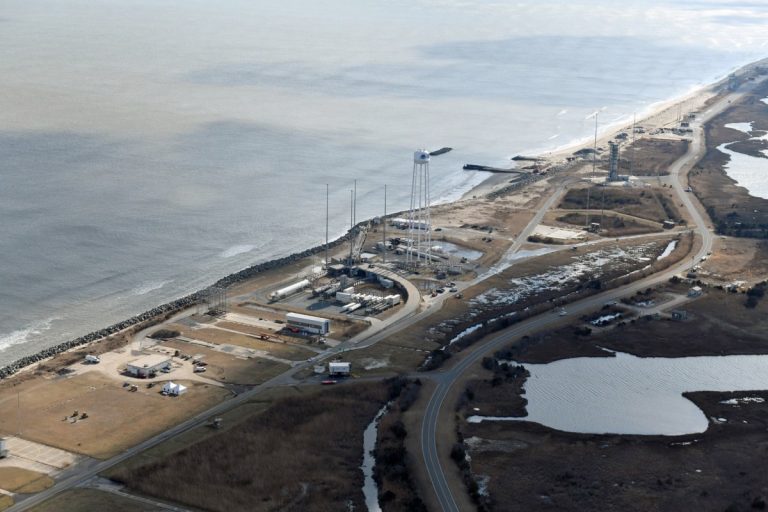
The FAA Grounds SpaceX’s Rockets for a Third Time After Mysterious Anomaly (Image Credit: futurism-com)
Off Target
The US Federal Aviation Administration has grounded all of SpaceX’s workhorse Falcon 9 rockets for the third time in just three months.
An upper stage encountered a mysterious problem after dropping off two astronauts at the International Space Station over the weekend as part of its Crew-9 mission.
According to a statement posted by SpaceX, the rocket “experienced an off-nominal deorbit burn,” causing it to splash down in the Pacific Ocean just east of New Zealand, which was “outside of the targeted area” approved by the FAA.
Even before the FAA announced that it had launched its own investigation, SpaceX had already made the decision to halt all future launches.
“We will resume launching after we better understand root cause,” the Elon Musk-led company wrote in its statement.
Falcon Misfortune
It’s the third time since July that the FAA has grounded all Falcon 9 launches.
“The FAA is aware an anomaly occurred during the SpaceX NASA Crew-9 mission that launched from Cape Canaveral Space Force Station in Florida on September 28,” the regulator noted in a statement.
“The incident involved the Falcon 9 second stage landing outside of the designated hazard area,” the statement reads. “No public injuries or public property damage have been reported. The FAA is requiring an investigation.”
In July, a Falcon 9 rocket exploded after launching a batch of Starlink internet satellites, leading to the FAA grounding the rockets for several weeks.
Then in August, the regulator grounded them once more after a Falcon 9 first-stage booster, which unlike the upper stage is reusable, caught fire and toppled over while attempting to land on a floating barge.
It’s unclear how long the FAA’s latest investigation will take or whether the space company will have to take any corrective actions.
The next Falcon 9 launch is tentatively slated for just nine days from now to launch NASA’s massive Europa Clipper probe.
But given the current animosities between the two — just last week, Musk called for the FAA’s chief to resign over an ongoing dispute — the latest incident will likely test the relationship even further.








